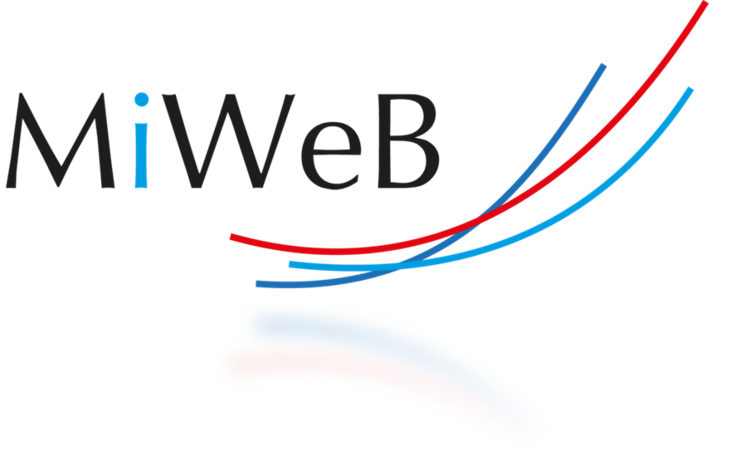MiWEB - Identification of employee-specific training needs and conceptual design of technical training measures

| E-Mail: | pag@ifa.uni-hannover.de |
| Year: | 2016 |
| Date: | 02-11-16 |
| Funding: | ESF | NBank | Region Hannover |
| Duration: | 2016 - 2017 |
| Is Finished: | yes |
starting position:
Economic and social trends, such as demographic change, the increase in the importance of knowledge as a central growth resource, and the digitalisation and automation of value chains (industry 4.0), will also lead to considerable structural changes in the Leine-Weser region. These challenges confront manufacturing companies with the challenge of continually having to adapt to new framework conditions. In order to solve the resulting problems efficiently, companies need qualified specialists, especially in the professional groups of engineers, foremen and technicians. Studies show that in the future, the qualification requirements, especially of engineers, foremen and technicians, will be increasingly complex and innovative due to the changing world of work, and therefore a significant increase in the qualification of the respective employees will be mandatory. Accordingly, not only the importance of continuing vocational training is steadily increasing, but also the need for continuous in-company continuing training as a key function. In order to remain competitive and innovative as a company in the long term, the targeted use of part-time, individualized further training measures to increase the relevant skills of employees is a viable option in view of future developments.
Companies are faced with the great challenge of choosing the right training course for their individual skills needs from a vast variety that is difficult to manage. At present, many companies are trying to identify the competence requirements themselves - insofar as the necessary resources are available at all - and to select suitable further training measures on the basis of these. However, the applicants' experience shows that companies often find it difficult to identify the individual skills requirements of their workforce and to select the appropriate training formats. Companies often lack the necessary know-how as well as the necessary personnel and financial capacities. This applies in particular to the large number of small and medium-sized enterprises.
project goals:
The two main objectives of the planned project are
- the provision of an effective and systematic method for identifying employee-specific training needs; and
- the conceptual design of new types of advanced training measures taking into account employee- and company-specific framework conditions, using automation technology as an example.
The focus is on the professional groups of engineers, foremen and technicians from the manufacturing industry, especially from the Leine-Weser region. To this end, a multi-stage, dialogue-based methodology is being developed and tested, which enables companies - especially small and medium-sized enterprises without their own training department - to obtain a valid assessment of the individual competence requirements, e. g. by specifying company- and employee-specific framework conditions. On this basis, a procedure is being developed that facilitates the conception of further training measures against the background of existing further training measures and, in particular, against the background of new further training formats. In this way, companies receive support with regard to participation or the independent design of tailor-made further training measures. The described procedure is to be implemented as an example for the field of automation technology.
project results:
The increased quality of the project and the individualisation of employee training will be reflected in an increase in the level of competence and, as a result, in an increase in the company's productivity. Companies will generate long-term improvements in their flexibility and thus increase their competitiveness through targeted training of their employees. In addition, employees are expected to become aware of a forward-looking innovation and knowledge culture in the companies involved.
cooperation partners:
forward ttc GmbH:

The technology-oriented service company is focusing on its core business:
- the design, implementation and execution of technical trainings
- the transfer of the latest findings from application-oriented mechatronics into industry and
- Qualification and training in a wide variety of learning formats.
More information about the cooperation partners can be found at www.forward-ttc.de
TEWISS - Technology and Knowledge GmbH:

TEWISS GmbH as an intermediary between science and business is divided into 4 areas with different focal points.
- The area of special machine and prototype construction is aimed at companies and institutes alike and supports the implementation of innovative ideas through development and design.
- PZH Verlag publishes the latest research results.
- The business incubator promotes academic high-tech spin-offs and provides developmental support for start-ups.
- Our event management team organizes workshops and conferences at the PZH.
More information about the cooperation partners can be found at www.tewiss.uni-hannover.d
advancement:
This project is funded by the European Social Fund.





















